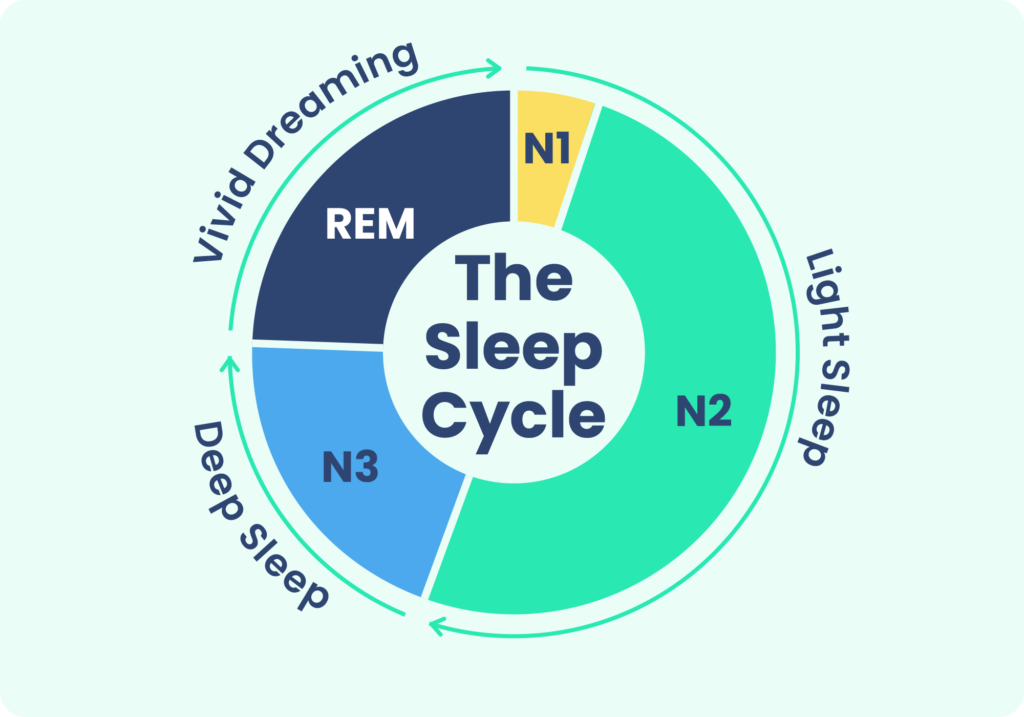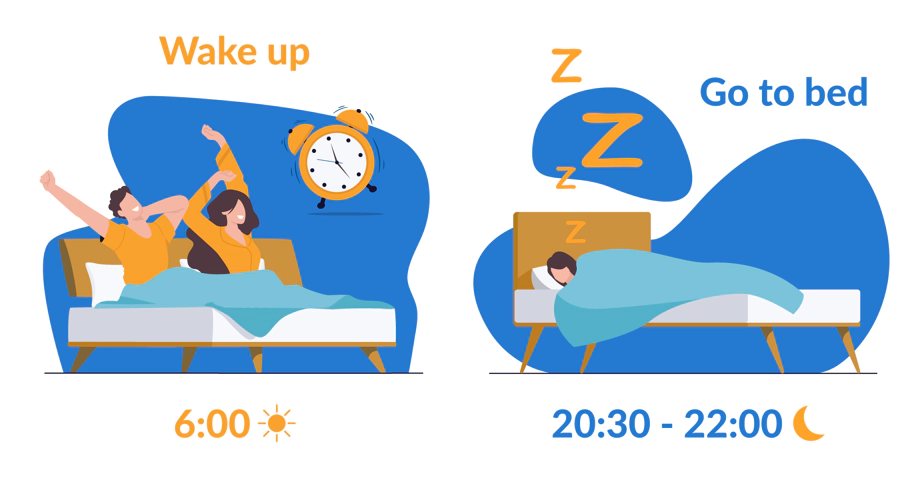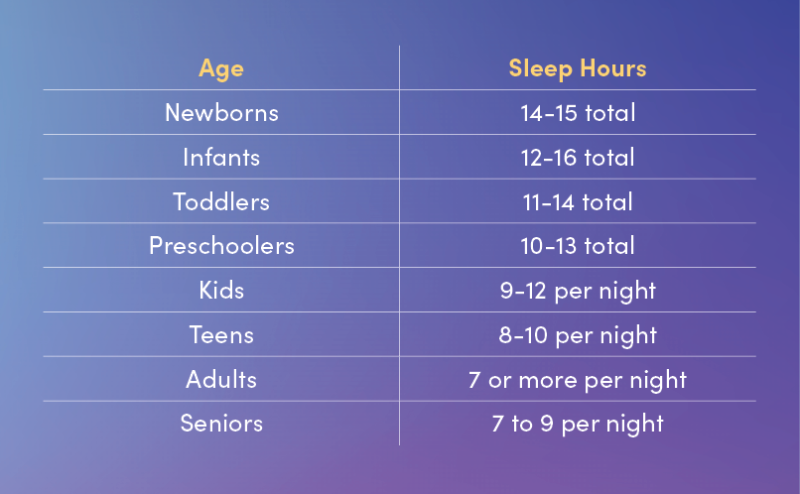Sleep Calculator vs. Sleep Tracker: Which One Should You Use?

In today’s fast-paced world, quality sleep has become a luxury for many. With technology evolving, tools like sleep calculators and sleep trackers are helping people improve their rest. But while both serve the same goal better sleep they work in very different ways. If you’ve been wondering which tool is right for you, this guide will help you decide.
What is a Sleep Calculator?
A sleep calculator is a tool that helps you determine the best time to go to bed or wake up based on your natural sleep cycles. On average, one sleep cycle lasts about 90 minutes, and waking up at the end of a cycle makes you feel refreshed. Sleep calculators use this principle to suggest the most optimal bedtime or wake-up time, ensuring you avoid grogginess.
Key Benefits of a Sleep Calculator:
-
Simple and easy to use.
-
Free and accessible online.
-
Helps reduce morning tiredness.
-
Great for planning bedtime schedules.
What is a Sleep Tracker?
A sleep tracker is usually a wearable device, app, or smart gadget that monitors your actual sleep patterns. It uses sensors to detect body movement, heart rate, and sometimes even oxygen levels to provide insights into your sleep quality.
Key Benefits of a Sleep Tracker:
-
Offers detailed data on light, deep, and REM sleep stages.
-
Tracks overall sleep quality and duration.
-
Identifies sleep issues like frequent wake-ups.
-
Helps create long-term sleep improvement strategies.
Sleep Calculator vs. Sleep Tracker: Key Differences
| Feature | Sleep Calculator | Sleep Tracker |
|---|---|---|
| Purpose | Suggests optimal sleep/wake times | Monitors actual sleep patterns |
| Technology | Based on sleep cycle theory | Uses sensors & data tracking |
| Ease of Use | Very simple, instant results | Requires device/app setup |
| Cost | Free (mostly online tools) | Can be expensive (wearables, apps) |
| Accuracy | Theoretical estimates | Real-time data & insights |
Which One Should You Use?
The answer depends on your goals:
-
Use a Sleep Calculator if…
-
You just want a quick guide for when to sleep or wake up.
-
You struggle with setting a consistent sleep schedule.
-
You prefer free and simple tools.
-
-
Use a Sleep Tracker if…
-
You want detailed data about your sleep stages.
-
You are dealing with ongoing sleep issues.
-
You’re willing to invest in a wearable or app.
-
Best Option: You can even combine both. Use a sleep calculator to plan your sleep schedule and a sleep tracker to measure how well it’s working.
Conclusion
Both sleep calculators and sleep trackers can improve your rest, but they serve different purposes. A sleep calculator is ideal for setting healthy bedtimes, while a sleep tracker provides deeper insights into your sleep quality. Choosing between them depends on whether you want simplicity or detailed data. Ultimately, the right tool can help you wake up refreshed, boost productivity, and improve overall health.
.jpg)
.jpg)
.jpg)


